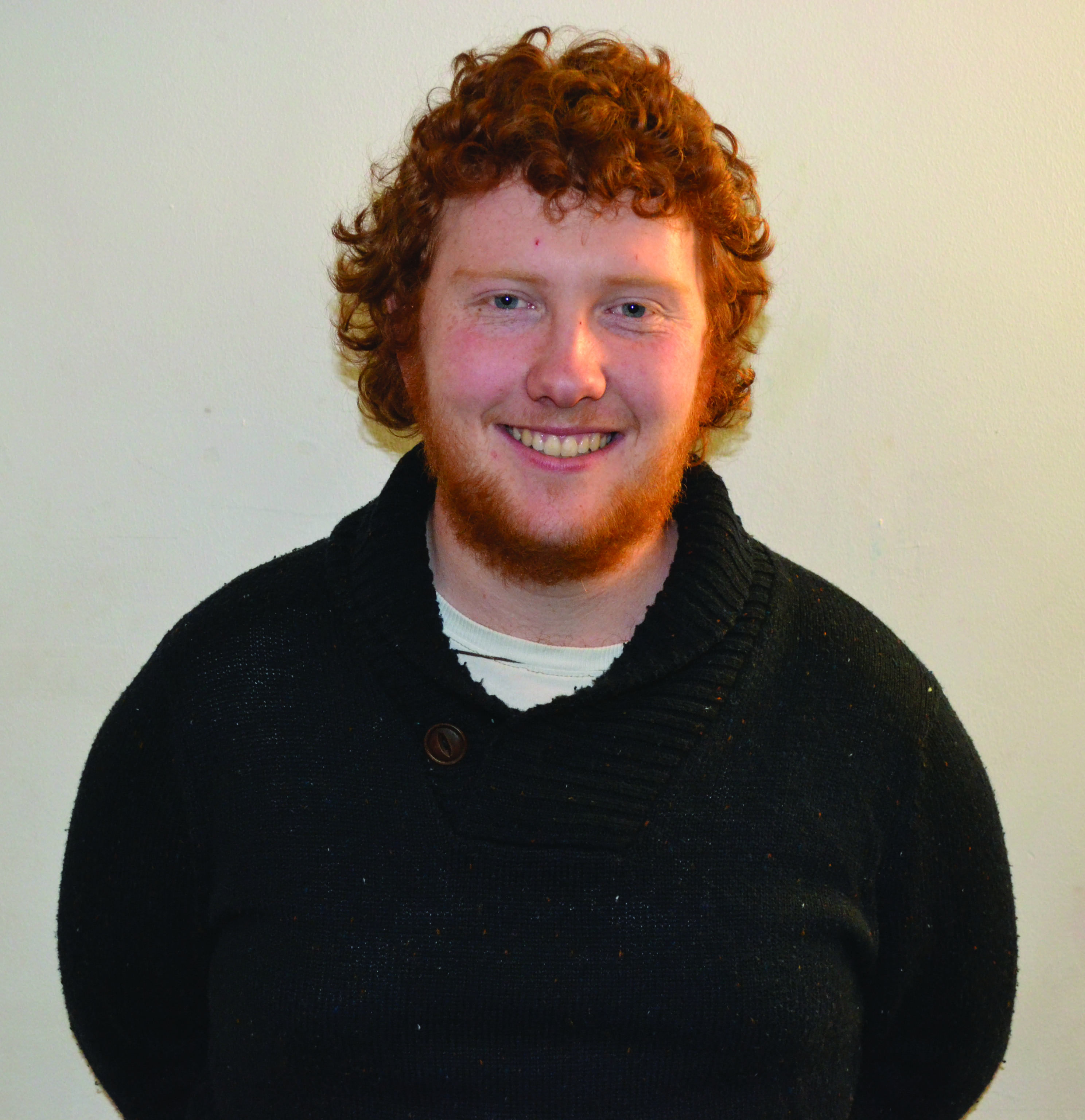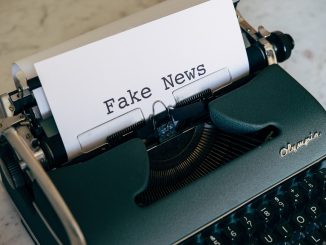
Traditionally, it was always a battle that was restricted to hustings, talk show debates and the doorsteps of constituents.
But now that the 31st Dáil has been dissolved and campaigning is in full force, we are set to notice a major shift in how politicians canvass for each precious vote, as 2016 is set to see the first general election where digital campaigning is set to play a leading role.
Follows, likes and retweets are considered to be just as important as any verbal promise of a vote, while Facebook posts are becoming the modern form of campaign posters.
The concept of using social networks to gain votes was first put into use in 2008 by US President Barack Obama, who became the first ever presidential candidate to use social media as a leading campaigning strategy.
While some Irish politicians made a half-hearted attempt to follow suit in the general election of 2011, the majority merely toyed with the idea as opposed to launching a digital surge.
However, it wasn’t until last year’s same-sex marriage referendum and the Yes Equality campaign that we saw any notable correlation between social media and campaigning in Ireland. Our news feeds appeared to be the key battleground on which the debate was fought, from the sharing of personal stories to the changing of profile pictures to the Yes Equality logo. The referendum became the most talked about topic among Facebook’s 2.5 million users in 2015, while #MarRef was mentioned over 85,000 times on Twitter during the 24 hours before polling stations closed.
Politicians seem determined to take example from the Yes Equality’s successful campaign, as each party has created a digital team to maintain its websites and guide its candidates in using social media to its highest potential. Parties have now realised that generic PR posts are not going to win votes, and that reaching out to the public is not enough.
However, the figures show that not all parties are gaining major momentum through social media. In terms of Twitter followers, Sinn Féin leads the way with over 40,000 followers, while almost 100,000 people are following Gerry Adams’ infamous and slightly bizarre account. Labour ranks second with 28,000 followers, while Fine Gael has quadrupled its Facebook followers since 2011, and currently has over 19,000 followers on Twitter.
Facebook themselves have now joined in on intertwining their site with the campaign. The social network’s senior political thought leaders were recently in Dublin to discuss why social media will be the centre of election debates. They also launched a “check the register” notice on the news feeds of anyone over 18 years old, calling it the “largest Irish voter registration reminder campaign ever”.
While past elections have held the weak promise of a digital election, in 2016 the battle for votes is sure to move from the doorsteps to our smartphones.
Lisa O’Donnell




Leave a Reply